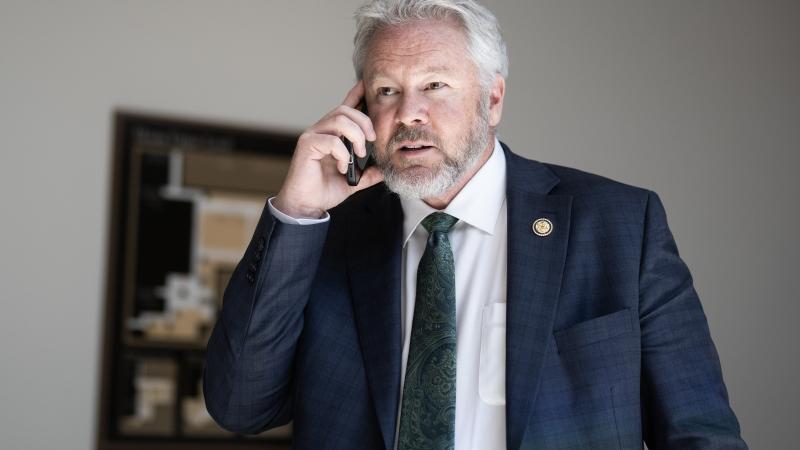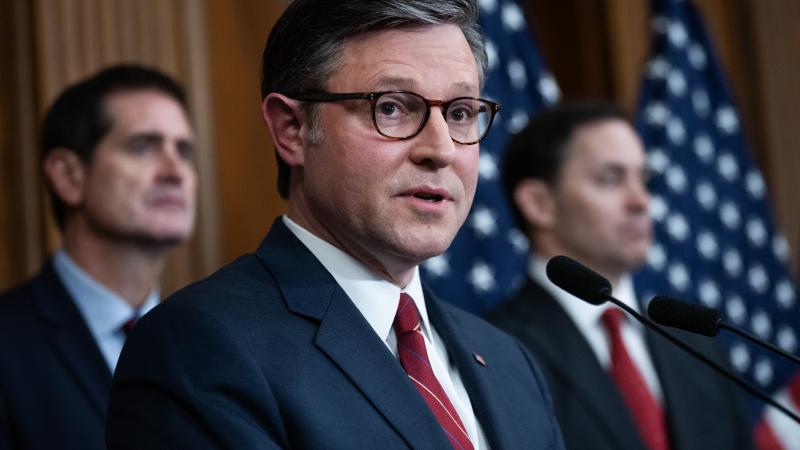National study finds giving Americans $1,000 per month makes them work less
Participants spent their extra time on leisure, did not improve their quality of employment, and did not improve human capital investments such as training.
(The Center Square) - Giving Americans $1,000 per month makes them worse off, says a new three-year, 3000-participant study. The National Bureau of Economic Research’s massive study found recipients and their partners work and earn less, with the negative effect on wages and earnings getting worse over time.
While proponents of universal basic income theorized such programs would improve non-economic metrics for recipients, the study surprisingly showed only leisure time increased as recipients spent less time on sleeping, child care, community engagement, caring for others, and self improvement. Transfers also reduced recipients’ non-transfer incomes significantly, with the study finding “for every one dollar received, total household income excluding the transfers fell by at least 21 cents, and total individual income fell by at least 12 cents.”
“The takeaway from the best study done so far about UBI in the United States is that handing out money isn't the solution to all our problems,” said Daniel Di Martino, a economics researcher and graduate fellow at the Manhattan Institute, to The Center Square. “ In fact, sometimes it makes things worse.”
The study’s authors noted mean-tested welfare encourages recipients to cut hours “to preserve benefits,” leading to advocacy for “unconditional cash transfer programs” without these distortions that would also allow individuals either to look for and secure higher-quality work or spend extra time on “productive non-work activities.”
Participants’ individual incomes declined $1,500 per year relative to the control group, excluding transfers, participants’ labor force participation was two percentage points lower, participants and their partners worked approximately 1.4 hours less per week. Participants spent their extra time on leisure, did not improve their quality of employment, and did not improve human capital investments such as training.
During the 2020 Democratic presidential primaries, lawyer Andrew Yang garnered national attention with his proposal for a $1,000 per month “Freedom Dividend,” claiming UBI “encourages people to find work” and “increases entrepreneurship.”
This study found “participants exhibited more entrepreneurial orientation and intentions” but that “this did not translate into significantly more entrepreneurial activity” as “very few people have the inclination to become entrepreneurs in general.”
Di Martino also shared his opposition to blanket UBI, noting the study did not address concerns about inflation, while also remaining open to unconditional cash payments replacing some welfare programs.
“It's important to remark that this study doesn't look at the macroeconomic impact of UBI which would raise inflation and affect interest rates if implemented nationwide,” continued Di Martino. "Now the question that's more interesting is if the almost null effects of UBI are better (or less bad) than those of our existing welfare programs and whether it might be a good idea to replace them."
Proponents of means-tested income programs also celebrated the results, noting that giving cash payments to all individuals, even those who don’t need it, doesn’t make sense.
“Unconditional cash transfers have a much bigger impact if they are directed toward those who truly need the money,” said UpTogether CEO Jesus Gerena to The Center Square. “Giving cash to people with higher incomes through UBI diminishes the economic benefits individuals from socioeconomically disadvantaged communities receive from the cash payments.”
Some American states are considering adopting UBI programs. Last November, California became the first state in the nation to pilot a UBI program with $1,000 monthly payments to foster youth in Ventura County and $1,500 monthly payments to foster youth in San Francisco.















